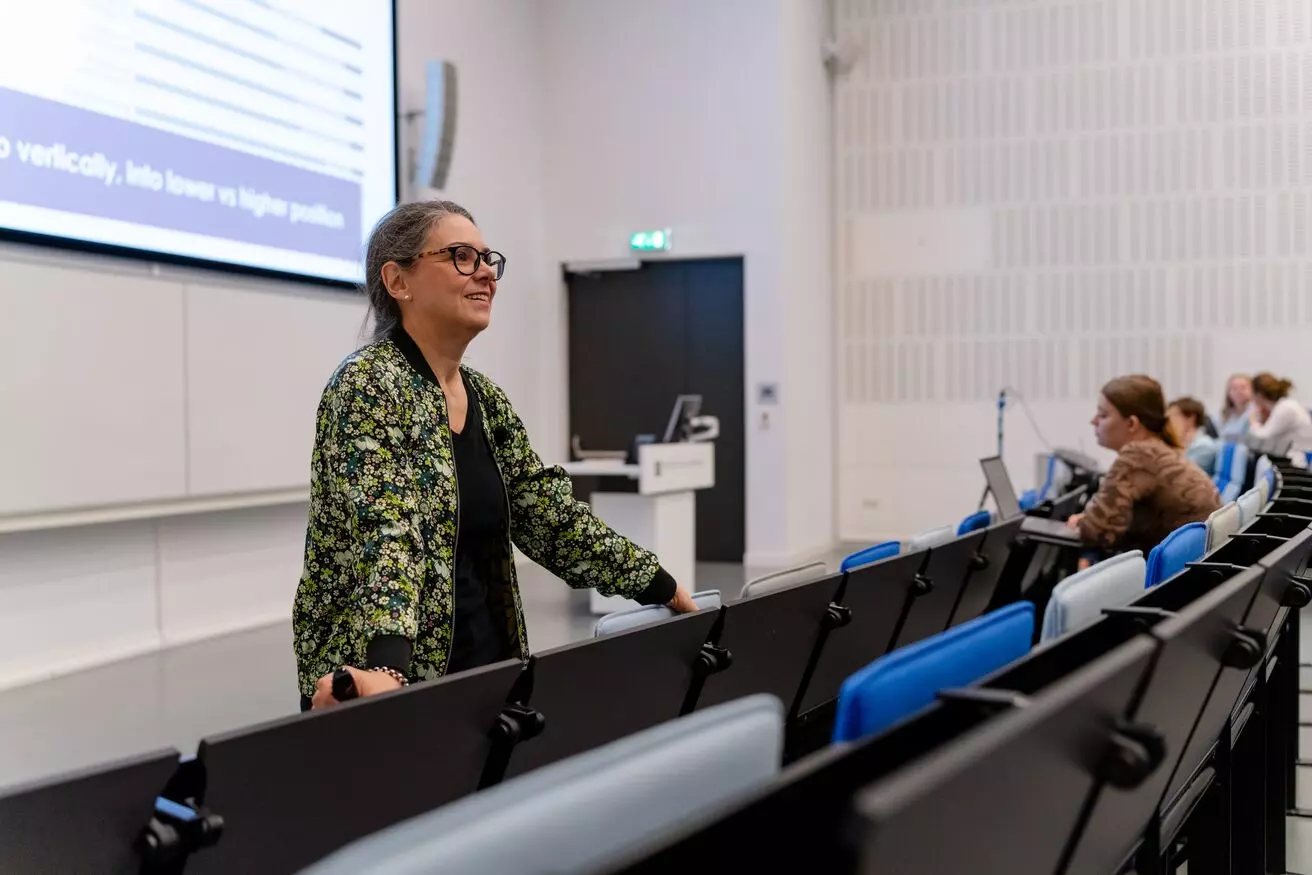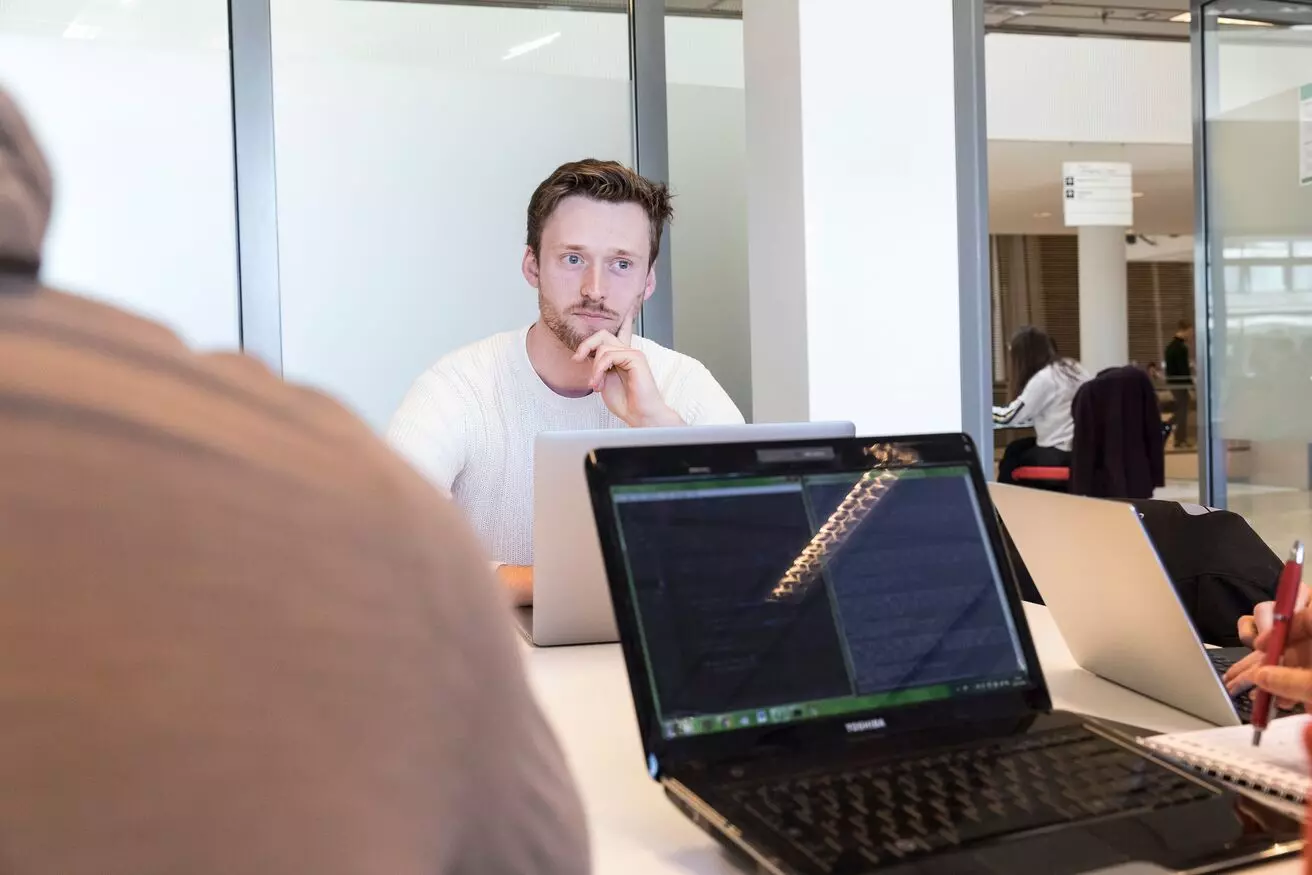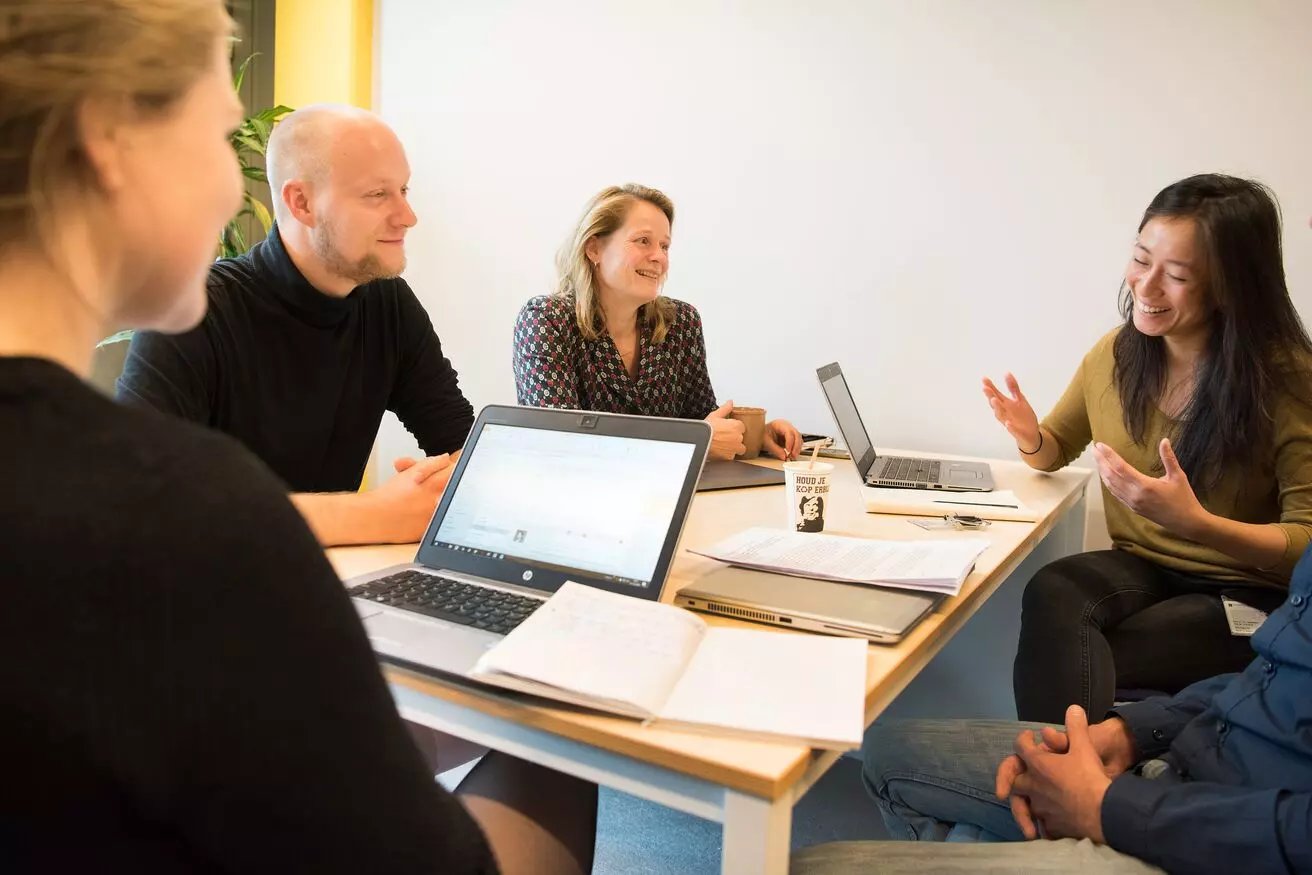This website uses cookies
We, and third parties, use cookies on our website. We use cookies to ensure that our website functions properly, to store your preferences, to gain insight into visitor behavior, but also for marketing and social media purposes (showing personalized advertisements). By clicking 'Accept', you agree to the use of all cookies. In our Cookie Statement. you can read more about the cookies we use and save or change your preferences. By clicking 'Refuse' you only agree to the use of functional cookies.
Not found

More vacancies

Assistant Professor Digital Marketing
- Faculty of Economics and Business
- €4.728 - €6.433
- PhD
- Closes on19-03-2026
The Amsterdam Business School invites applications for a tenure-track position in the Department of Marketing. The appointment will be for a full-time position as Assistant Professor in Digital Marketing. We seek excellent researchers with the potential to publish in top journals and build an internationally visible research programme, with clear affinity for high-quality teaching. The preferred start date is 1 September 2026.
View vacancy

PhD Position in Code-Based Cryptography
- Faculty of Science
- €3.059 - €3.881
- Master's
- Closes on01-05-2026
Are you fascinated by the theoretical underpinnings of security that allow for protecting privacy in an ever more interconnected world? Are you willing to take on the challenge of upgrading cryptography to deal with the threat posed by quantum computation? Do you enjoy working in a team of young and motivated researchers? We are seeking a PhD student to carry out cutting-edge research in theoretical computer science, with an expected focus on cryptography.
View vacancy

3 PhD Positions in the ERC Project 'The Governance of Loss in the EU' at ACELG
- Amsterdam Law School
- €3.059 - €3.881
- Master's
- Closes on12-04-2026
Are you interested in doing an interdisciplinary PhD research project across law and social science? Are you curious about how EU law and governance shape European markets and societies? Do you believe that we can positively shape the big economic transformations of our time (globalization, technological change, climate change and green transitions) by recognizing and addressing the losses they generate? This vacancy is for you!
View vacancy
